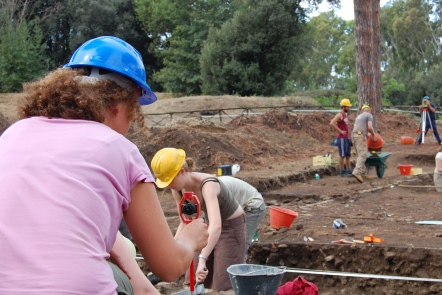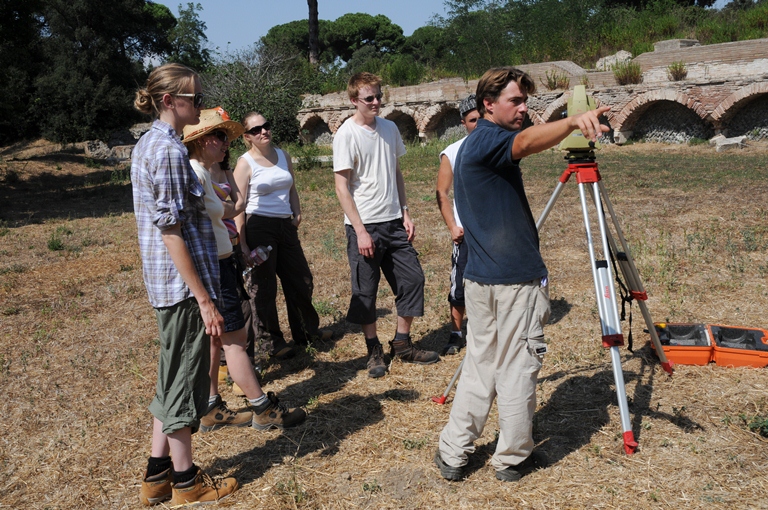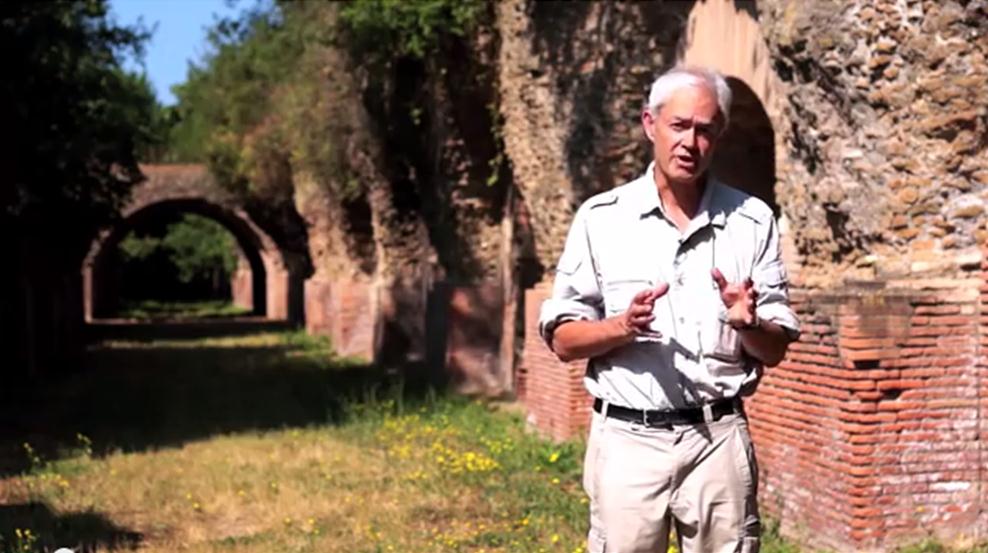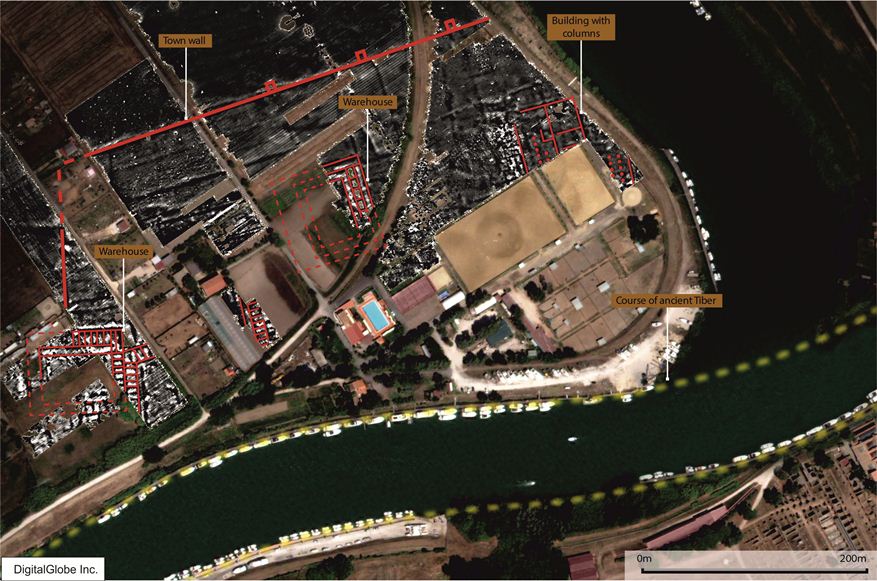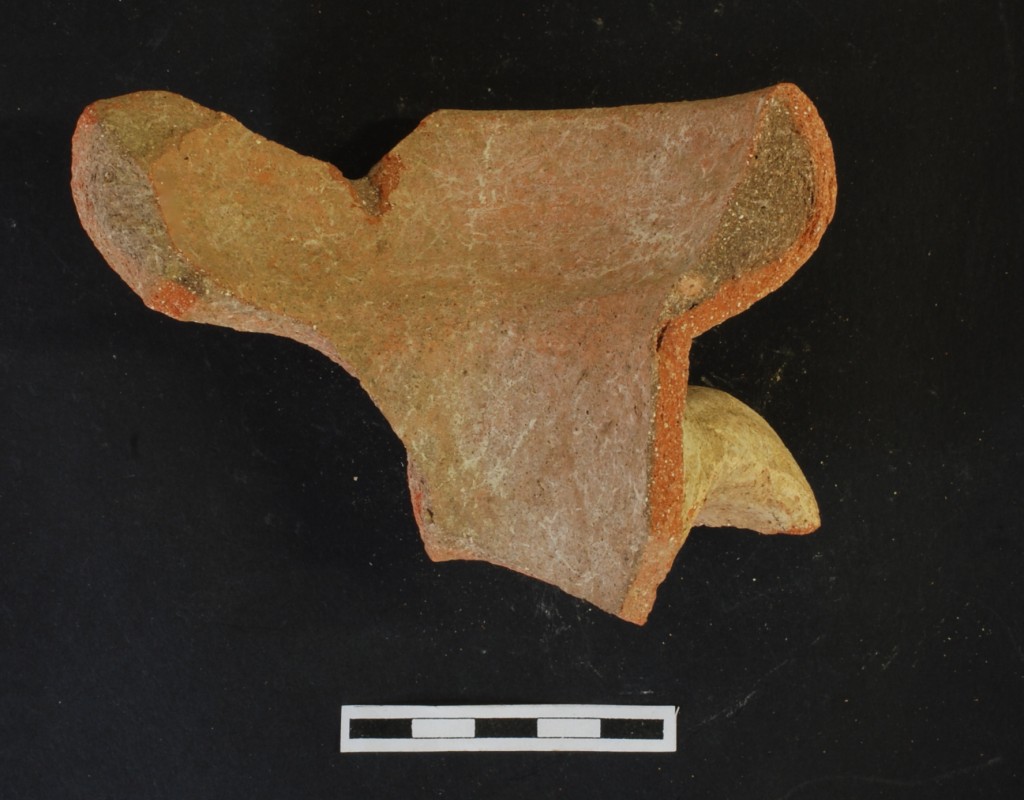
Ceramics as material culture: Study of the North African amphorae from Portus
Ceramics are a very important type of archaeological evidence at sites, with the potential to inform us about chronology and society. They come up at various points in the Archaeology of Portus course and this blog posts provides some extra information based on my research.
Continue reading →

